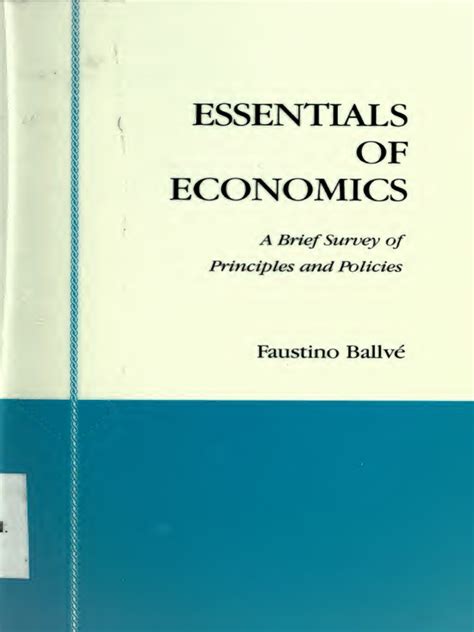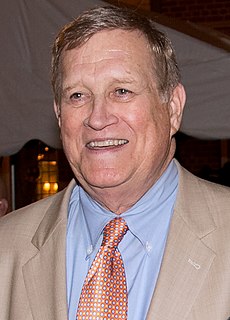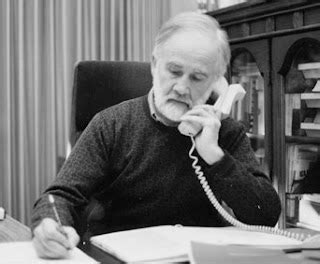Цитата Фаустино Бальве
Поскольку потребитель — это всеобщее население, независимо от ранга или состояния, свободный рынок является наиболее очевидным выражением суверенитета народа и лучшей гарантией демократии.
Связанные цитаты
В высшей степени возможно иметь рыночную экономику, не требующую такой жестокости и такой идеологической чистоты. Свободный рынок потребительских товаров может сосуществовать с бесплатным общественным здравоохранением, с государственными школами, с большим сегментом экономики, таким как национальная нефтяная компания, находящимся в руках государства. В равной степени можно потребовать от корпораций выплаты достойной заработной платы, уважения права рабочих на создание профсоюзов, а также от правительств облагать налогом и перераспределять богатство, чтобы уменьшить острое неравенство, характерное для корпоративистского государства. Рынки не должны быть фундаменталистскими.
Свободная культура поддерживает и защищает творцов и новаторов. Он делает это напрямую, предоставляя права интеллектуальной собственности. Но он делает это косвенно, ограничивая охват этих прав, чтобы гарантировать, что последующие создатели и новаторы останутся как можно более свободными от контроля прошлого. Свободная культура — это не культура без собственности, как и свободный рынок — это не рынок, на котором все бесплатно. Противоположностью свободной культуры является «культура разрешения» — культура, в которой творцы могут творить только с разрешения сильных мира сего или творцов из прошлого.


































